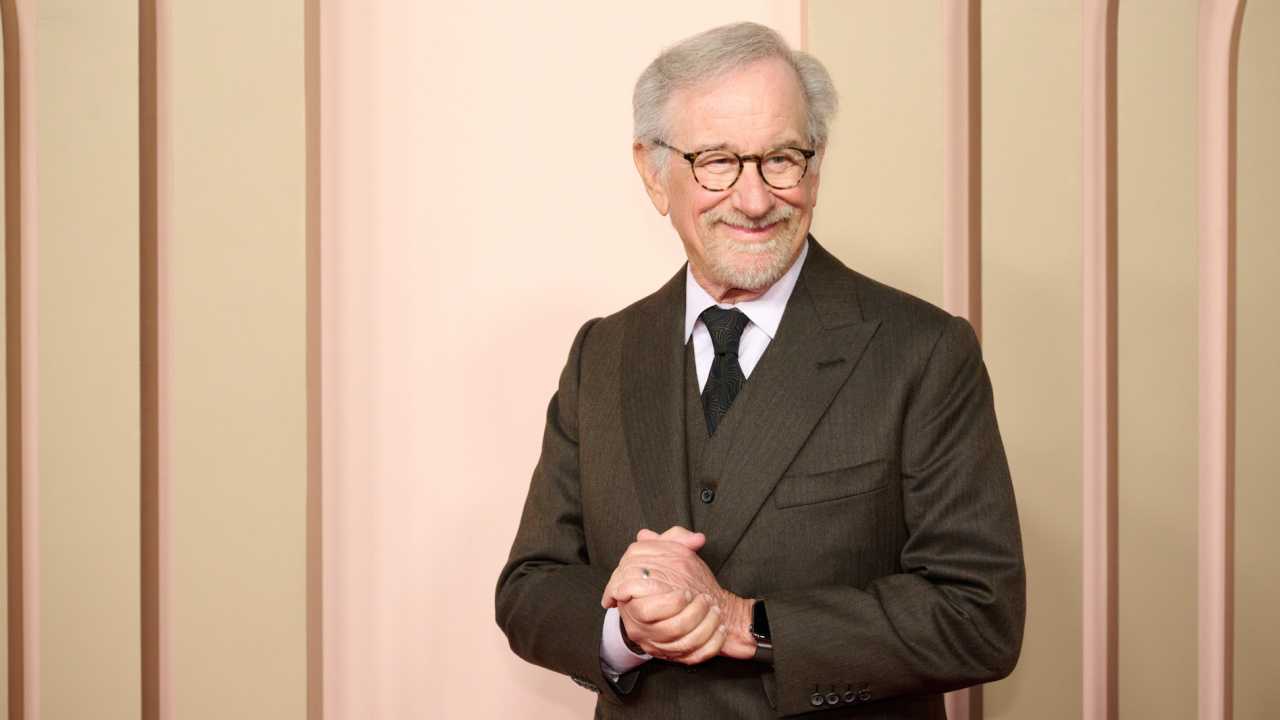The European Council’s proposal was based on Parliament’s report of June 2023, which started the process and was prompted by demographic changes in the EU since the 2019 elections. Additional seats will be allocated as follows:
- Belgium +1 [22]
- Denmark +1 [15]
- Ireland +1 [14]
- Spain +2 [61]
- France +2 [81]
- Latvia +1 [9]
- Netherlands +2 [31]
- Austria +1 [20]
- Poland +1 [53]
- Finland +1 [15]
- Slovenia +1 [9]
- Slovakia +1 [15]
Parliament consented to the legislative decision with 515 votes in favour, 74 against, and 44 abstentions. The upcoming elections (6-9 June 2024) will take place with the new number of seats in Parliament.
During the debate that preceded the vote, MEPs criticised the European Council’s attempt to influence Parliament in its budgetary functions, and reiterated Parliament’s independence. The co-rapporteurs regretted the European Council’s failure to immediately inform Parliament it intended to deviate from the original proposal, both in terms of overall seats and on the provisions for a pan-European constituency. You can watch a recording of the debate here.
Background
Parliament’s composition is assessed before each election, in line with the principles set out in the Treaties (i.e. a maximum of 750 MEPs plus the President, no less than 6 and no more than 96 seats for any EU country, and the “degressive proportionality” principle), and based on the most recent population figures.










































Discussion about this post